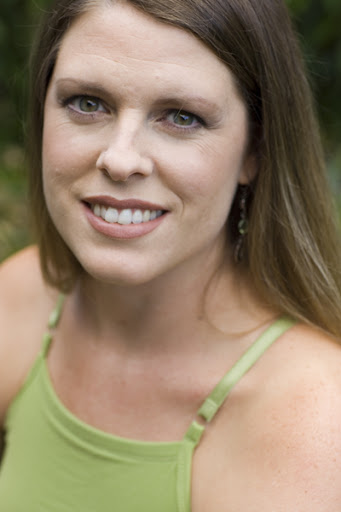Complicity

The first time I traveled to Africa 2 years ago I returned with a deeper level of personal awareness of my impact on the earth and it’s peoples. I turned a new corner in a journey that had already begun in my soul long before; one of a deepening consciousness about global issues regarding the environment, trade, health, and human rights. But since my return from Africa on this last trip, I can only say that I am even more awake than ever…excruciatingly awake to the terrible injustice that exists on our planet and my complicity in it. Everywhere I look I am confronted with it. It hides under thinly disguised and not-so-thinly disguised trade policies, corporate expansion plans, military actions, and even humanitarian aid campaigns…I see it in my home in the clothes I wear, the food I eat, the fuel in my car, the cell phone I use, and the diamond ring on my hand. Even my house is built on stolen soil, stained by the blood and tears of the native Duwamish tribe…and I cannot wash it off of my hands no matter how hard I try. The oppression is pervasive. I realize that I will never be able to truly sleep again…even when I forget for a moment and begin to live in the daydream that is our society…I am shaken out of it again and again. Tormented.
It is difficult to describe the outrage and grief I’ve experienced upon the realization that the very act of living on this American soil and participating--if even in the most conscious ways--in this economy, means I am paying for the very injustice I claim to stand against. It is the most agonizing paradox. I pay my taxes and grit my teeth while my money funds environmental degradation, violence, and unthinkable kinds of exploitation. My very skin symbolizes generations of conquest, arrogance, murder, slavery, and global oppression. I feel like a snake trying to shed my skin only to find another layer of the same stuff underneath and I wonder if I will lose my mind.
The words from Barbara Kingsolver’s The Poisonwood Bible move me. One of the characters especially resonates with me: Leah Price came to Congo as a young, naïve American girl with her missionary family in 1960. Now and adult living in Congo and married to a Congolese man her “awakening” haunts her too…
“Be kind to yourself," he says softly in my ear, and I ask him, How is that possible? I rock back and forth on my chair like a baby, craving so many impossible things: justice, forgiveness, redemption. I crave to stop bearing all the wounds of this place on my narrow body. But I also want to be a person who stays, who goes on feeling anguish where anguish is due. I want to belong somewhere, damn it. To scrub the hundred years’ war off this white skin till there’s nothing left and I can walk out among my neighbors wearing raw sinew and bone, like they do. Most of all, my white skin craves to be touched and held by the one man on earth I know has forgiven me for it.
The book closes with this beautiful and healing passage from the perspective of Ruth May, Leah’s young, dead sister…
The teeth at your bones are your own, the hunger is yours, forgiveness is yours. The sins of the fathers belong to you and to the forest and even to the ones in iron bracelets, and here you stand, remembering their songs. Listen. Slide the weight from your shoulders and move forward. You are afraid you might forget, but you never will. You will forgive and remember…Move on. Walk forward into the light.



